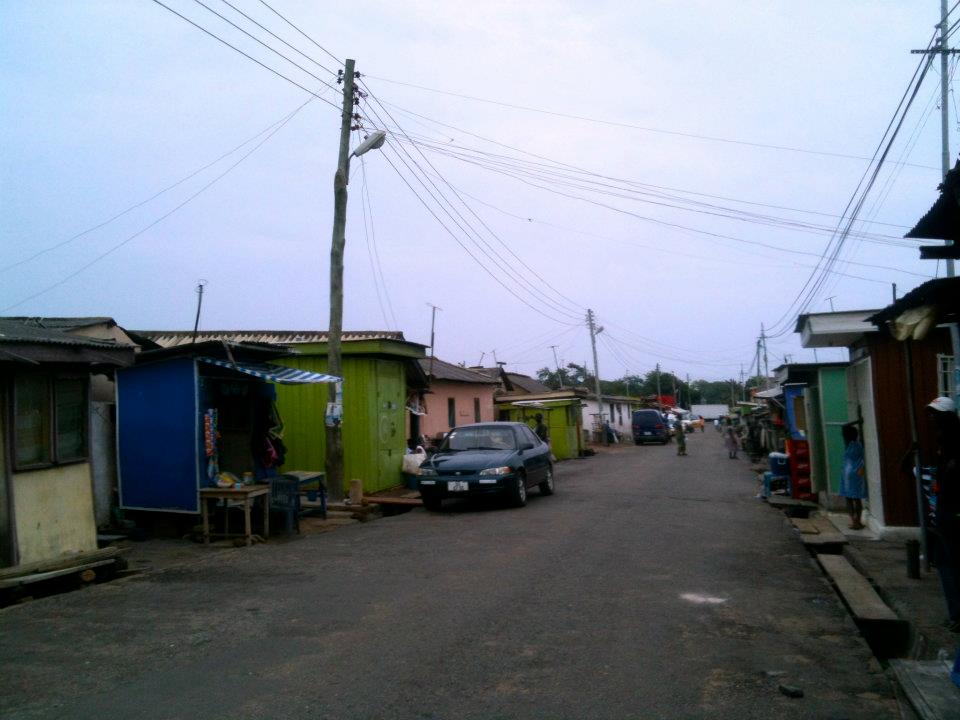I thought I should write something about my trip to Angola since it was a rich Anthropological experience in my life.
I arrived to the airport hoping to find the person who was going to fetch me, yet, there I was waiting next to 2 other scared-looking white guys, who were also looking for their drivers, and seemed as anxious as I was (eventually all our drivers arrived after 45 minutes).
I was nervous because I got a lot of warnings about the place, especially in regards to malaria, the mosquitoes, the corruption, the not walking alone in the street, the underdevelopment, and the unhealthy water.
I have been here 6 days now, and from what I've seen, yes, all of the above are true, but not in a conventional way.
I'll explain myself.
In Luanda you find the same kind of underdevelopment that, I guess, exists in places like Sao Paulo (Brasil). This, however, is worsen by the neglected state of the city after the civil war. Of course there're some new buildings and a lot of construction sites across what the locals call the 'island' but, overall, the buildings are not well looked after, and the crowded streets are full of sand.
Given that I am from Colombia and live in the most dangerous city in the world (JHB), I haven't been too shocked by what I've seen so far, but I must say it feels weird not to be able to walk on my own in order to get food. I feel claustrophobic.
It is the first time since I do ethnographic work in strange places, in which I rely a 100 percent on other people so that I can get the work done, and just survive in the place. I understand now what makes applied Anthropology so challenging at times. I am hoping the quality of the information I've gathered is of value to my client, since I've had to understand portuguese, and I've had to ask questions about technology and people's lives in a broken language,
The latter would be easier to do if I could remotely connect with these people's lives, but the reality is that me, and I am sure, most of you guys, have no idea of what is like to go by with no basic services, but have access to some form of education and technology.
I've done interviews next to mountains of garbage, and flies, dirty dishes, and naked kids, who I am sure live in very poor health conditions. The people I talked to, though, not only had 1 but 2 mobile phones at least, a computer and Internet at home, in some cases.
I am not done with the analysis, and I am still making sense of everything I've seen, but these raw encounters with reality have made me ask if perhaps technology is the one thing that dignify people's lives under these circumstances. If this is the case, that means that work concerning new ways for people to access technology is worth it.
I will publish more on the topic soon, and other thoughts that have emerged in the process.
All I can say, from a personal view point, is that our definitions of development and such always seem shallow, poor and inaccurate, when contrasted with the reality of those places, that many of us considered less evolved, without an a-priori knowledge. I wonder how sophisticated our behaviour really is?
Any thoughts and comments you may have, as you know, are always welcome and appreciated.
